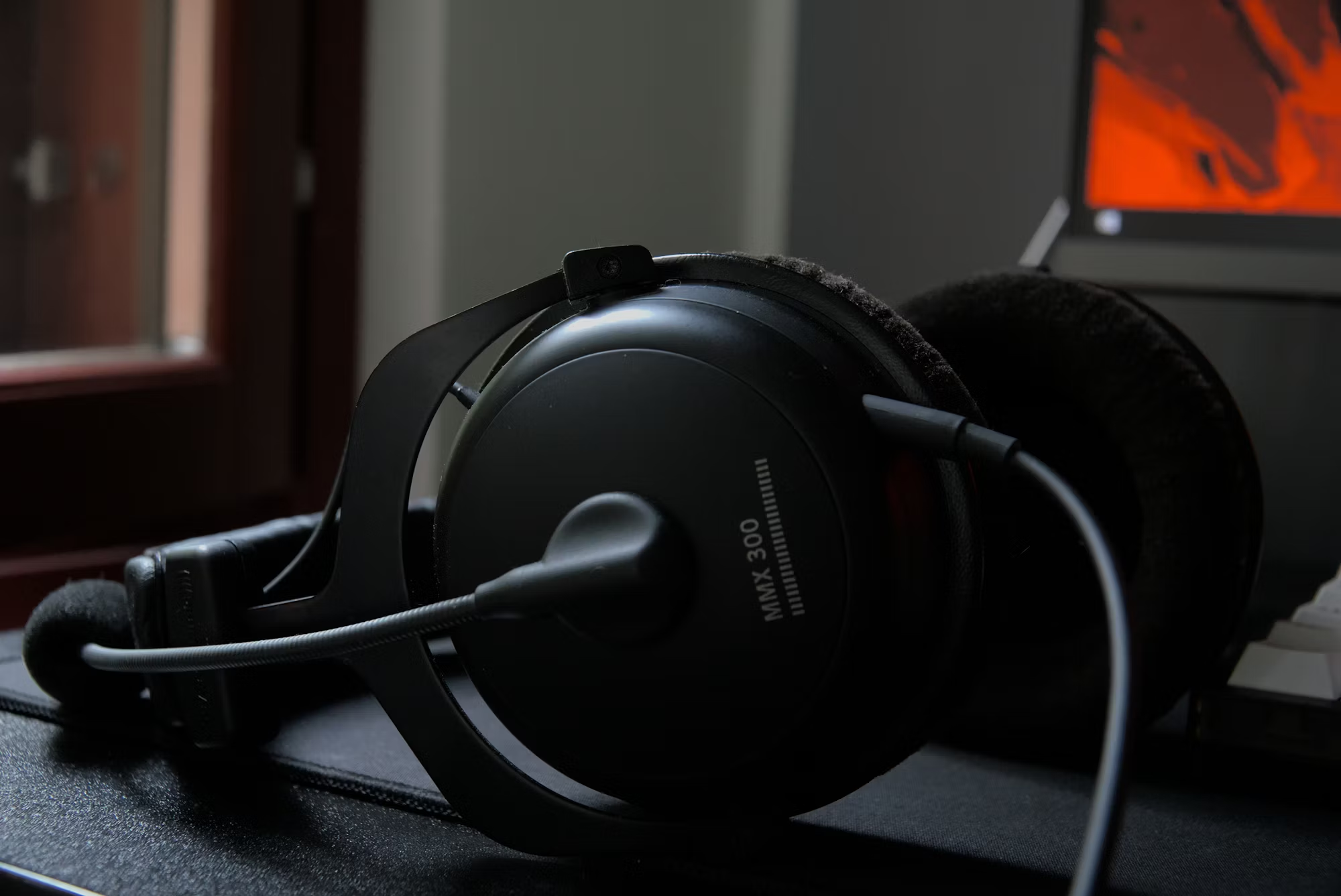
The Cultural Impact of Music: How Genres Shape Society
Music is a powerful form of expression that transcends boundaries and connects people across cultures and generations. From the infectious rhythms of pop to the deep emotional resonance of classical compositions, music serves not only as entertainment but also as a reflection of societal values and individual experiences. In this article, we will explore how different genres have impacted culture and society, examining influential artists and movements that have shaped the musical landscape. The Role of Music in Cultural IdentityMusic is deeply intertwined with cultural identity. It captures the essence of a community's values, traditions, and historical experiences. Genres such as folk music often draw from the stories and struggles of the people, serving as a voice for the marginalized. Artists like Joan Baez and Bob Dylan used their music…








